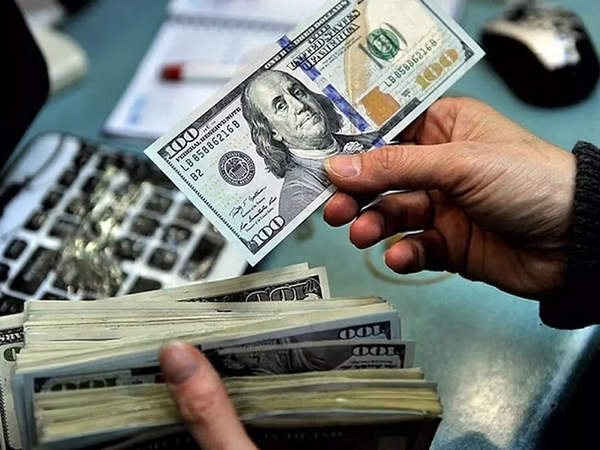Iran’s currency, the rial, plunged to a record low of 891,000 per US dollar on Saturday, following Supreme Leader Ali Khamenei’s rejection of talks with Washington the day before.
Compared to the same period last year, when the dollar stood at 510,000 rials, the national currency has devalued by 75%.
The economic fallout from the rial's collapse has been profound. Consumer goods inflation in Iran has surged to approximately 50%, leaving more than one-third of the population below the poverty line.
“Negotiating with such a government should not be done; it is neither wise, intelligent nor honorable,” said the 85-year-old cleric during a meeting with air force personnel in Tehran.
“No problem will be solved through negotiations with the United States,” he added, despite calls by many insider politicians and commentators in Tehran to open negotiations with the United States to ease sanctions.
"We must understand this correctly; they should not make it seem to us that if we sit at the negotiation table with that government, this or that problem will be solved. No, no problem will be solved through negotiations with the United States."
Meanwhile, the US State Department told Iran International on Friday that the Trump "maximum pressure" sanctions on Iran would remain unless a deal was reached.
Although President Donald Trump reaffirmed his sanctions strategy earlier this week, he left the door open for an agreement, saying that he preferred a diplomatic resolution.
Masoud Pezeshkian, Iran's relatively moderate president, has expressed tentative openness to talks, contrasting with Khamenei's firm stance.
Over the past five years, tens of millions of Iranians have experienced a steady decline in living standards, as wages have failed to keep pace with rising prices. Since the reintroduction of US sanctions in 2018, the rial’s value has plummeted more than twentyfold. The iannual inflation rate has hovered at around 40% for the past five years.
Basic living costs have become unattainable for many, with the average worker’s monthly earnings shrinking to the equivalent of $135 from $ 200 earlier this year, while official data estimates $500 is necessary to cover basic needs.
